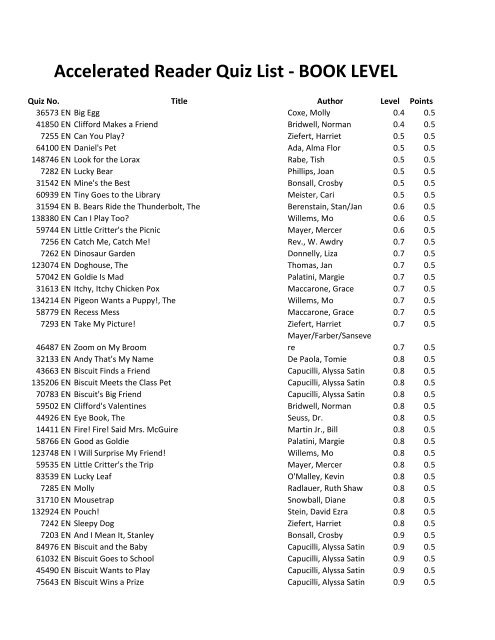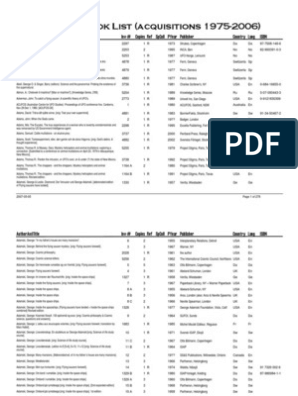Montgomery Ward Sewing Machine Manual - Usha Electric Sewing Machine - Singer Industrial Sewing Machines
Montgomery Ward Sewing Machine Manual
montgomery ward - Ward: United States businessman who in 1872 established a successful mail-order business (1843-1913)
- Montgomery Ward (later known as Wards) is an online retailer that carries the same name as the former American department store chain, founded as the world's #1 mail order business in 1872 by Aaron Montgomery Ward, and which went out of business in 2001.
- Aaron Montgomery Ward (February 17, 1844 –December 7, 1913) was an American businessman notable for the invention of mail order.
sewing machine - a textile machine used as a home appliance for sewing
- Any mechanical or electromechanical device used to stitch cloth or other material; normally uses two threads to form lock stitches
- A machine with a mechanically driven needle for sewing or stitching cloth
- A sewing machine is a textile machine used to stitch fabric,paper,card and other material together with thread. Sewing machines were invented during the first Industrial Revolution to decrease the amount of manual sewing work performed in clothing companies.
manual - Of or done with the hands
- (of a machine or device) Worked by hand, not automatically or electronically
- a small handbook
- manual of arms: (military) a prescribed drill in handling a rifle
montgomery ward sewing machine manual - Montgomery Ward
Montgomery Ward & Co. Catalogue and Buyers' Guide 1895
Before the Internet, Wal-Mart, and the shopping mall, there was Montgomery Ward.
'Our mail order methods meet many wants,' wrote a poetic but anonymous copywriter on a page of the 1895 Montgomery Ward & Co. catalogue. He had a gift for understatement. At its zenith from the 1880s to the 1940s, Montgomery Ward, like its cross-town Chicago rival, Sears, sold virtually everything the average American could think of or desire—and by mail. This was a revolution, and Ward's fired the first shot. To buy spittoons, books of gospel hymns, hat pins, rifles, wagons, violins, birdcages, or portable bathtubs, purchases that used to require many separate trips to specialist merchants, suddenly all the American shopper had to do was lick a stamp. This unabridged facsimile of the retail giant's 1895 catalogue showcases some 25,000 items, from the necessities of life (flour, shirts) to products whose time has passed (ear trumpets). It is an important resource for antiquaries, students of Americana, writers of historical fiction, and anyone who wants to know how much his great-grandfather paid for his suspenders. It is a true record of an era. 20,000 black-and-white illustrations
78% (
8)
Montgomery Ward trailer
A trailer from Montgomery Ward found out in Wilton, NH on route 101.
Montgomery Ward trailer
Retired Montgomery Ward trailer in Wilton, NH.
montgomery ward sewing machine manual
'Baseball is not a Summer snap, but a business....
A player is not a sporting man. He is hired to do certain work and do it as well as he possibly can.'
John Montgomery Ward, nineteenth-century America's most-talked-about (both reviled and applauded) baseball player, spoke these words shortly after the failure of the great player rebellion of 1890, a revolution Ward almost singlehandedly fomented. That year, four out of every five National Leaguers, taking great economic risk, deserted professional baseball's establishment to create an 'outlaw' rival organization: The Players' League. Team owners, the players felt, treated them like chattel: they 'dished saltpeter in their sidemeat and gave them shameful financial
beatings if they misbehaved,' writes Bryan
Di Salvatore in this fascinating, rigorous, and brisk biography.
A Clever Base-Ballist is also a keenly observant narrative of late nineteenth-century America. In it can be found the likes of Mark Twain, Hawaii's King Kalakuau, and Moses Fleetwood Walker, the major league's first black player. It travels from the groaning boards of Delmonico's restaurant to the boisterous pages of the 1880s entertainment press to the Egyptian desert, where the target of one thrown baseball was the Sphinx's right eye.
Handsome, erudite, and brilliantly talented, Ward made front-page headlines across the country when he married New York actress Helen Dauvray. And when they weren't branding him a terrorist, owners trumpeted the college-educated Ward as the sport's premier role model. An unblinking antidote to 'good-old-days' syndrome, A Clever Base-Ballist is an accessible, compelling, and unconventional biography of an unconventional and, until now, obscure American.
No matter how far back you go, the state of the game has always been remarkably similar to what it is today: greedy owners, economic imbalances among franchises, unequal markets, grumbling players. Using the multilayered life of 19th-century Hall-of-Famer and lawyer John Montgomery Ward as his way into the story, Bryan Di Salvatore roots around in the contemporary sources of the game's early years. For the record, Ward's career on the diamond spanned from 1878 to 1894, split between shortstop and the mound. As a pitcher, he sported an impressive 164-102 mark, won a staggering 47 games in 1879, and even hurled a perfecto; at short, he fielded his position well and hit with authority if not power. 'Ward was the sort of player that other players appreciate as a teammate and curse as an opponent,' Di Salvatore explains. 'He beat you invisibly as often as he beat you visibly.' He later managed, and like DiMaggio, he wooed and wed one of the leading actresses of the day.
The key to his legacy, though, can be found in the last, marvelously understated line of his Cooperstown plaque: 'Played important part in establishing modern organized baseball.' 'For a strange, brief period,' Di Salvatore writes more definitively, 'John Ward was the most important man of his profession.' Educated and charismatic, he was one of the first players to fully understand that a boy's game was also a man's trade, and was determined to make America realize the same. In 1885, he helped form the first players union to fight, among other inequities, the reserve clause that virtually tied players to a club forever, and a salary cap limited to whatever the poorest team in the league could afford. Four years later, he led a full-scale player revolt that formed the Players League. Though the league didn't last long, Ward, never silencing himself, continued to play and manage, eventually serving as counsel to the Brooklyn Dodgers and president of the Boston Braves. 'Baseball,' he once wrote, 'is not a Summer snap, but a business in which capital is invested. A player is not a sporting man. He is hired to do certain work, and do it as well as he possibly can.' It's a contemporary notion from out of the shadows of the past. The triumph of A Clever Base-Ballist is just how alive and resonant that past is. --Jeff Silverman

